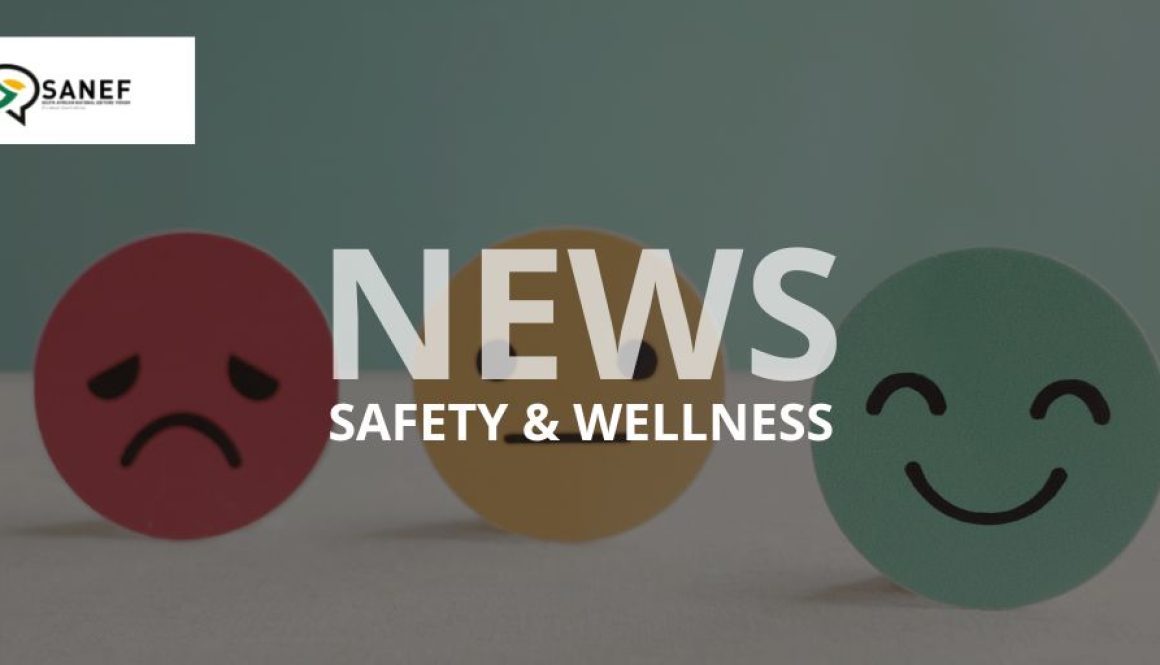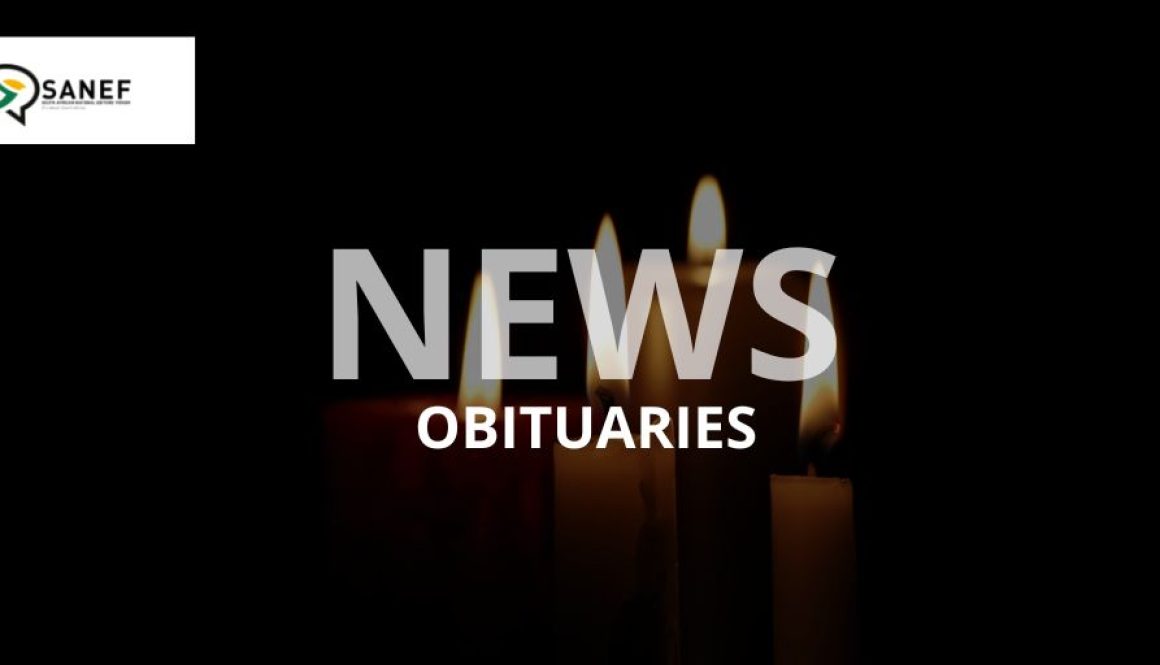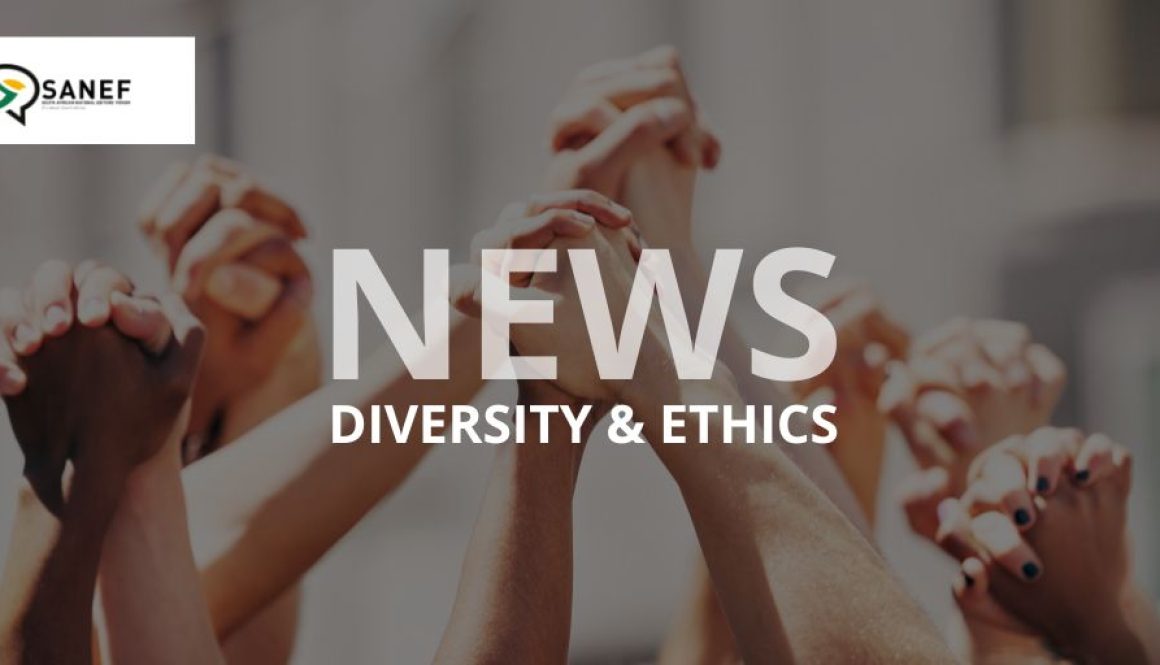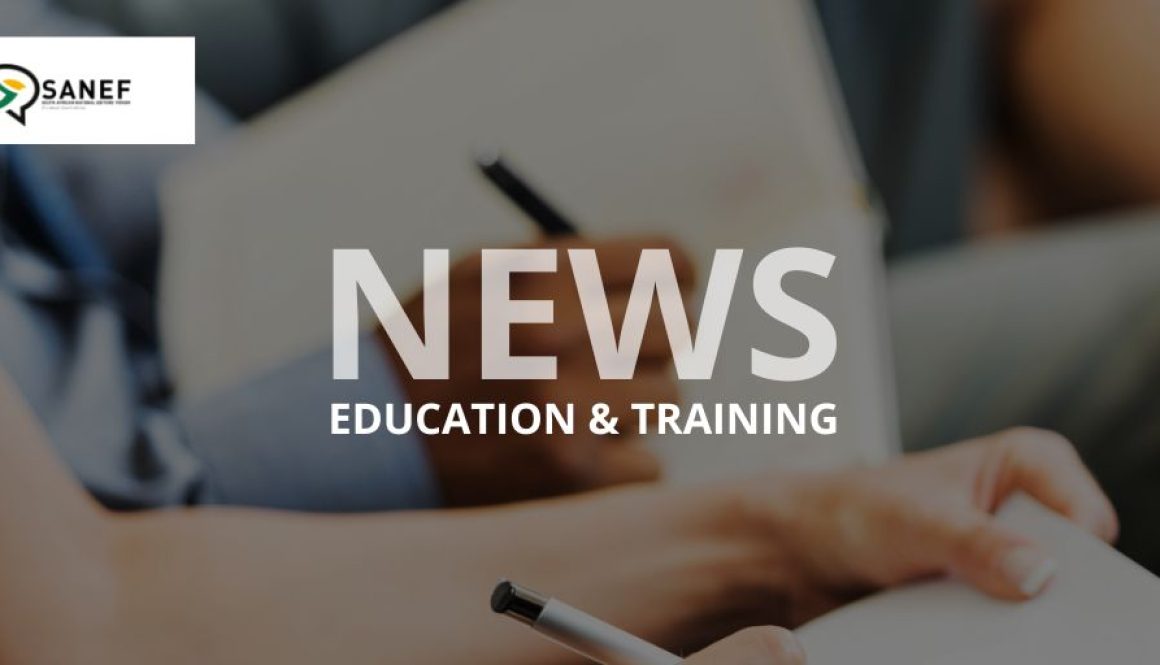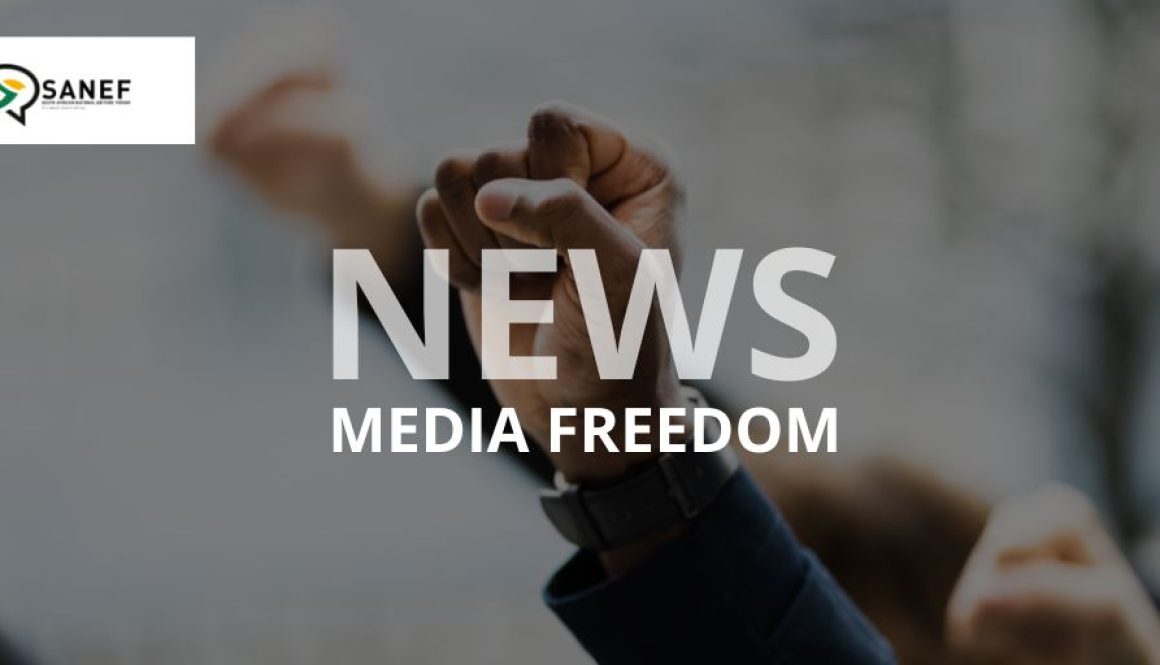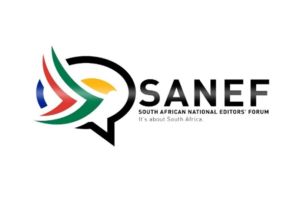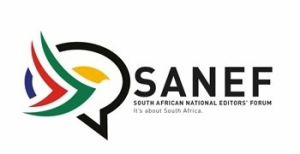
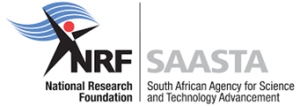
The development and growth of science journalism in South Africa is critical to advance scientific literacy and a critically engaged society. The recent pandemic highlighted the need for accurate, accessible and up-to-date science content. Currently there are a limited number of science journalists in the mainstream media in South Africa.
In order to develop science journalism in South Africa, the South African National Editor’s Forum (SANEF), in collaboration with the South African Agency for Science and Technology Advancement (SAASTA), a business unit of the National Research Foundation and the Department of Science and Innovation (DSI) are launching Science Journalism Internship Programme. This great initiative will support mainstream media in South Africa.
“There is significant potential for growth in the quantity and impact of science coverage both in mainstream media and community media in South Africa. Many dedicated science journalists who previously specialised in the science and technology beat are no longer working full time for the mainstream media and some of the science desks have been discontinued,” says SAASTA Managing Director, Dr Mamoeletsi Mosia.
“Many science journalists are working as freelancers and in a community media the availability of science journalism capacity is even lower,” she added.
Some of the challenges that have been identified in research studies on science journalism in South Africa have included: the lack of investment and budget of media organisation to support science journalism, the industry being under-resourced in terms of science journalism skills, the complexity of the relationship between scientists and journalists, and the low appetite for publishing and buying science news articles, amongst others.
“The demand for honest and trustworthy scientific news stories has been more pronounced since the outbreak of Covid-19. South Africans had trust that journalists would dig and find accurate information about the plague and educate intended audiences as they researched more about the virus. As SANEF, we believe it is time the media reinvest in the education and growth of scientific writers in this country,” said Sbu Ngalwa SANEF Chairman.
The internship programme will be roll out in phases and in phase one, the interns will be placed within the SABC. The successful applicants will work in SABC newsrooms across the country, to produce science, technology and innovation stories for broadcasts and online media.
The South African Agency for Science and Technology Advancement will also partner with other media outlets including Media24, Newsroom Afrika and EWN. The aim is to partner with multiple the mainstream media outlets through this initiative and in 2023 the internship will be expanded to even add more mainstream media outlets in South Africa.
In 2016 SAASTA signed a Memorandum of Agreement with the Media Development and Diversity Agency to introduce a similar science journalism developmental programme in the community media space. The project has continuously enhanced the science journalism capacity in the community media in all nine provinces, as it has been rare for the community media to cover science and technology stories in the past. This project currently has community media partners in all nine provinces and currently employs twenty-eight science journalism volunteers. The aim is to expand it to have community media partners in every district municipality in the country.
ENDS
About SANEF
The South African National Editors’ Forum (SANEF) is a non-profit organisation whose members are editors, senior journalists, and journalism trainers from all areas of the South African media. We are committed to championing South Africa’s hard-won freedom of expression and promoting quality, ethics, and diversity in the South African media. We promote excellence in journalism through fighting for media freedom, writing policy submissions, research and education and training programmes. SANEF is not a union.
About the South African Agency for Science and Technology Advancement (SAASTA):
SAASTA is a business unit of the National Research Foundation (NRF) with the mandate to advance public awareness, appreciation and engagement of science, engineering and technology in South Africa. SAASTA’s contribution to the NRF’s vision is to grow the pool of quality learners today who will become the scientists and innovators of tomorrow. It aims to be the leading science advancement agency in the country by promoting and communicating the value and impact of science, technology and innovation in a dynamic knowledge economy. It also intends to contribute significantly towards building a science, engineering and technology (SET) human resource base. For more information on the operations and programs within the NRF please visit www.saasta.ac.za
About the National Research Foundation (NRF):
The National Research Foundation (NRF) was established on 1 April 1999 as an independent statutory body in accordance with the National Research Foundation Act. The NRF is a key public entity responsible for supporting the development of human resources for research and innovation in all fields of science and technology. The organisation is one of the major players in educating and training a new generation of scientists able to deal with South African and African needs. The organisation encourages public awareness and appreciation of science, engineering and technology, and facilitates dialogue between science and society. Its vision is to contribute to a prosperous South Africa based on a knowledge economy. For more information on the operations and programs within the NRF please visit www.nrf.ac.za

